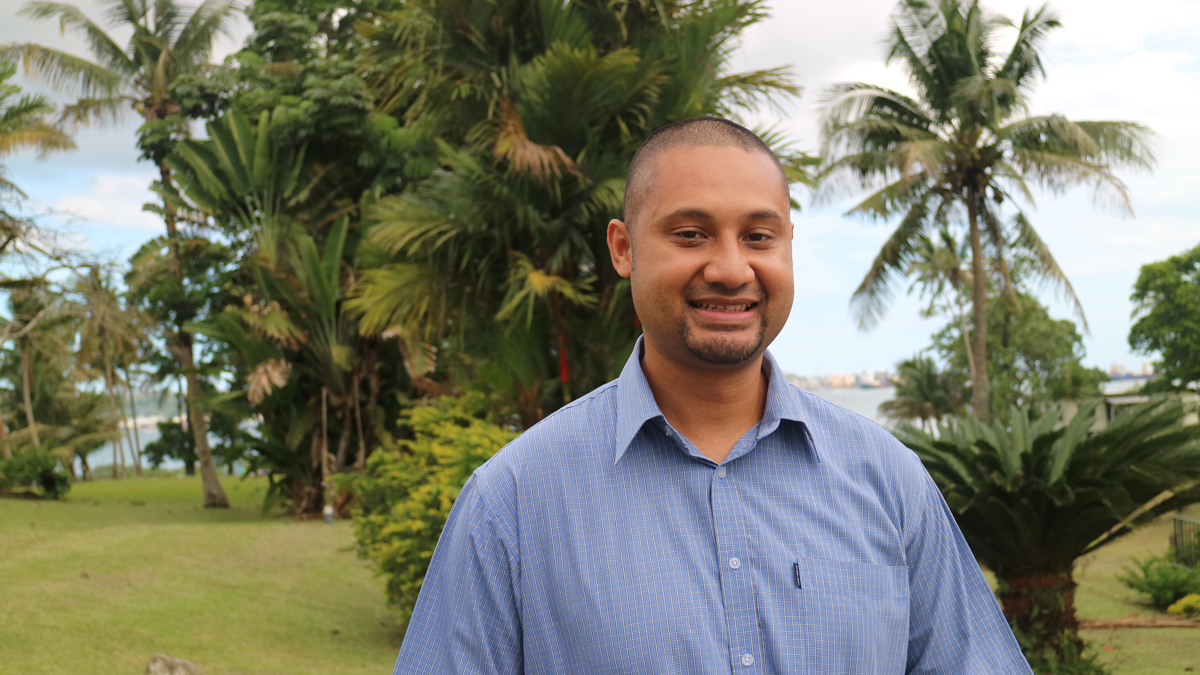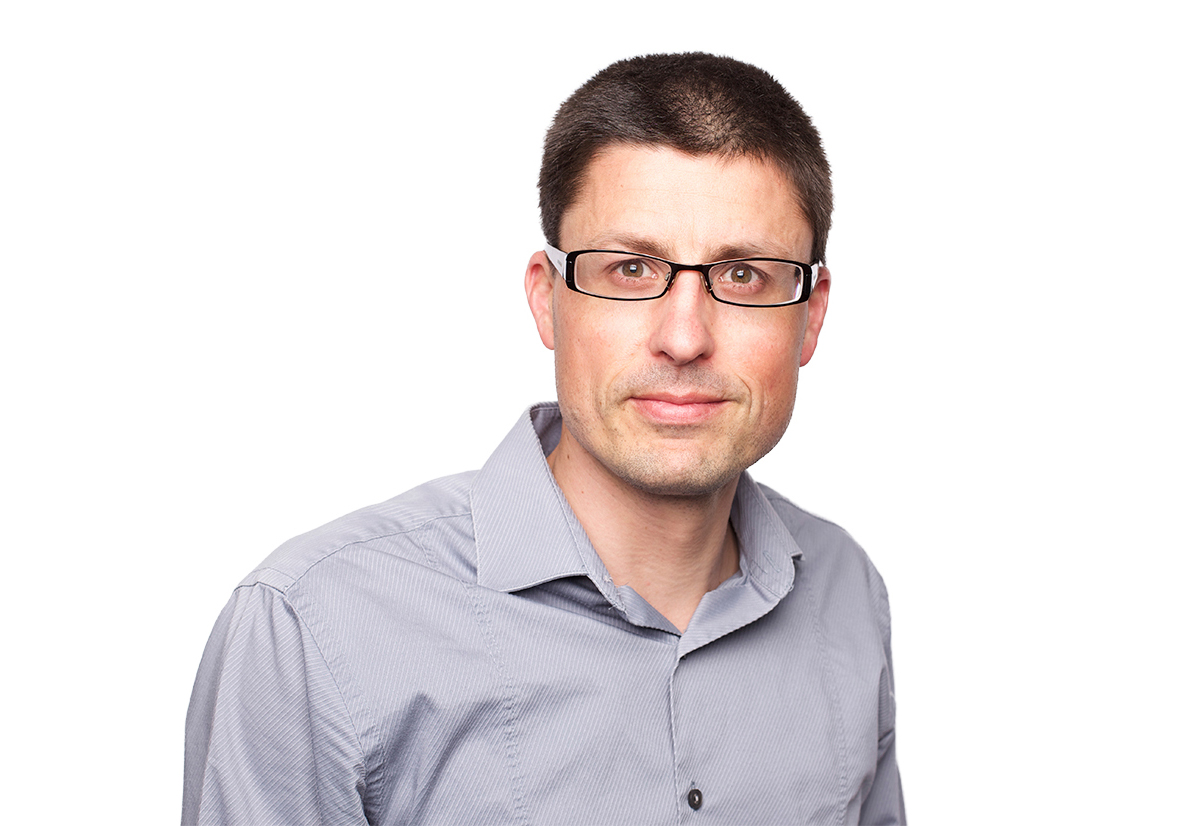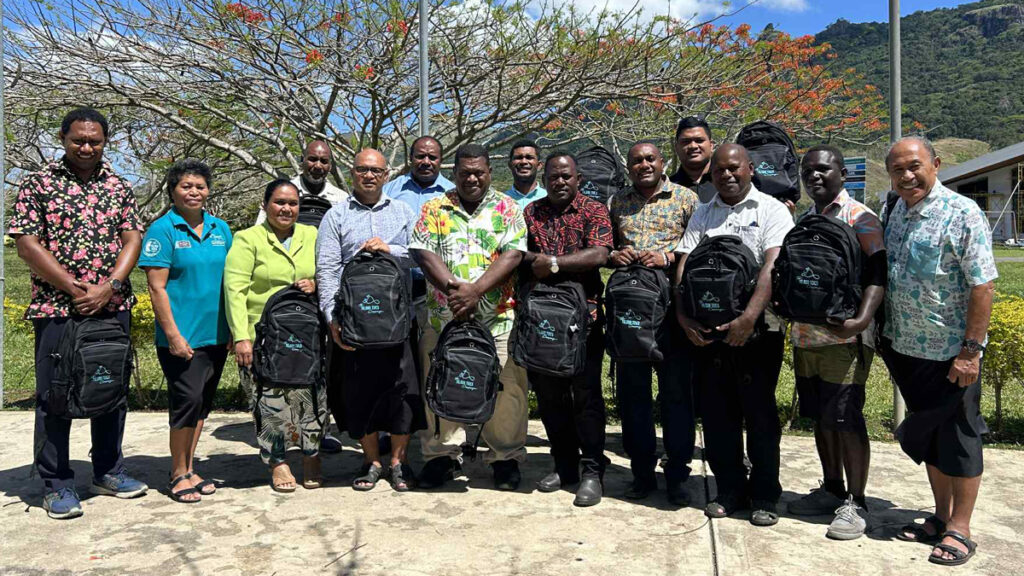A Fijian medical doctor who received a scholarship from Avondale credits his wife for encouraging him to treat the causes not symptoms of chronic disease.
Dr Alipate Vakamocea is a former public servant who left a residency at the Colonial War Memorial Hospital in Suva to head health and temperance for the Seventh-day Adventist Church in Fiji. “My wife, Mafa, helped me realise it was time we served God rather ourselves,” said the obstetrician and gynaecologist, who celebrates 10 years as a doctor this year.
Dr Vakamocea is one of three recipients of the Pacific Partnership Scholarship. The Lifestyle Research Centre at Avondale College of Higher Education planned to offer only one scholarship, but a record response to an offering collected in Adventist churches across the South Pacific in 2016 enabled it to offer three.
The scholarship provides seed money to Pacific islanders to begin postgraduate studies in lifestyle medicine—Dr Vakamocea and his classmates receive full-fee waiver to complete the Graduate Certificate in Lifestyle Medicine, a one-year part-time course delivered via distance education. The aim: to empower those with influence to share their knowledge with those in their communities, many of which are now having to meet the challenge of treating lifestyle-related chronic conditions.
“Non-communicable diseases are the biggest killers of Pacific island people,” said Dr Vakamocea. As an example, he tells of screening those attending a training event organised by the Adventist Church in the Trans-Pacific. Ten per cent had diabetes, 80 per cent had high blood pressure and 80 per cent were overweight. “Unless we’re able to change the mindset of culture over health, we’re going to having problems.”
The scholarship is helping the Lifestyle Research Centre continue to lead in the study of lifestyle medicine and grows its contribution to the Adventist Church’s comprehensive health strategy. Dr Vakamocea is already doing his part, using his role as secretary to successfully encourage the Fiji Medical Association to resolve to make the Complete Health Improvement Program (CHIP) available to every doctor in the country. The church has tasked him with implementing other health initiatives, including opening a wellness centre, featuring a cafe, health food and bookshop and medical suites.
The church’s “cordial relationship” with the Ministry of Health and Medical Services is an “opportunity to make changes that will be implemented at national level,” says Dr Vakamocea. Postgraduate qualifications in lifestyle medicine, when they come, will build credibility with those in government, he adds.
Receiving the scholarship showed Dr Vakamocea the church “is interested in addressing the problem of chronic disease, particularly here in the Pacific.” He thanks those who gave to the offering or donated to Avondale’s rebranded annual appeal, Think&Do. “You’re enabling me to help many, many other people,” he said.
Anne Litau and Urijah Liligeto are the other two recipients of the Pacific Partnership Scholarship. Ms Litau begins the Graduate Certificate in Lifestyle Medicine this year; Mr Liligeto continues completing the Graduate Diploma.
Avondale is the only higher education provider in Australia offering postgraduate courses in lifestyle medicine, but it was not the first. A group of “pioneering visionaries” established a course at Southern Cross University. Two, Professor Garry Egger and Associate Professor John Stevens, helped convenor Dr Darren Morton develop the courses at Avondale.
The courses at Avondale are not health degrees that include some units in lifestyle medicine. “Ours are specialty degrees built from the ground up with lifestyle medicine as the base,” said Dr Morton. “They’re rigorous but also accessible to those with a bachelor’s degree from non-health disciplines.” The Australasian Society of Lifestyle Medicine—Dr Morton is a founding fellow—endorses the courses.
Avondale graduated the first students from the Graduate Certificate in 2016 and from the Graduate Diploma this past year. Of the latter, Melanie Renfrew is now a PhD candidate and Dr Paul Wood a fellow of the Australasian Society of Lifestyle Medicine.
While Avondale currently plays the lone lead role in the study of lifestyle medicine in Australia, Dr Morton sees encouraging signs ahead. A comment in the December 5 issue of The Lancet concluded the remission of type 2 diabetes should be a realistic goal. “We would never have heard this kind of thing come from any medical fraternity,” said Dr Morton, who remembers a time when authors could not use the words “remission” and “reversal” in the context of chronic disease. “It just wasn’t palatable.”
But now, the evidence is so overwhelming. “Lifestyle medicine works,” he said. “A seismic change has to come to our healthcare system—and really, it’s not a healthcare system, it’s a disease care system. If we really want to create that change, we should see a plethora of higher education providers offering degrees just like ours.”






